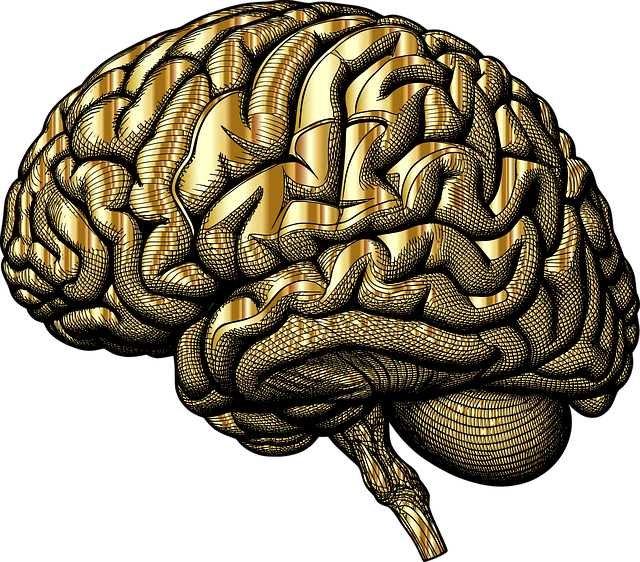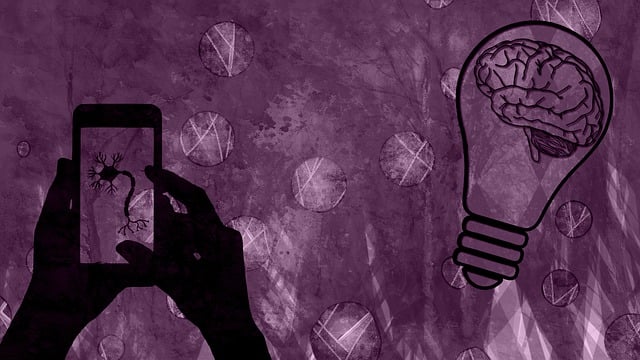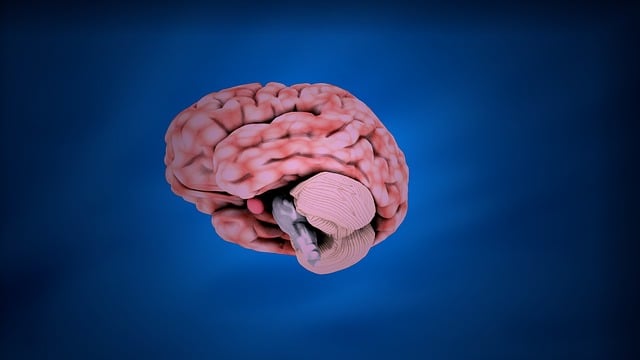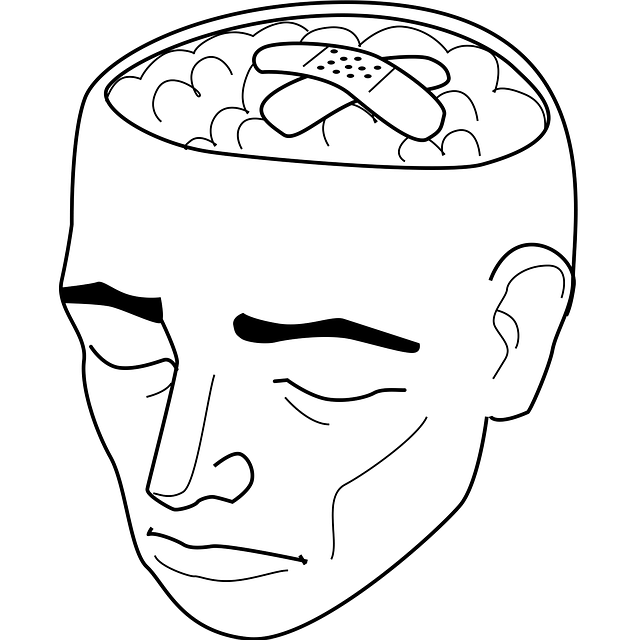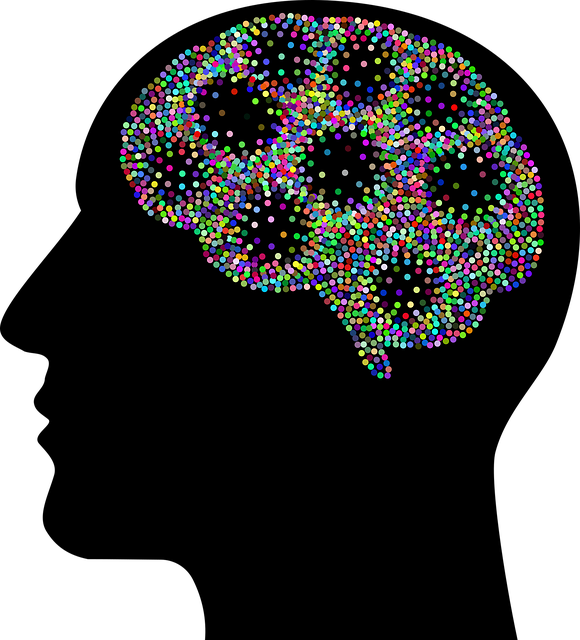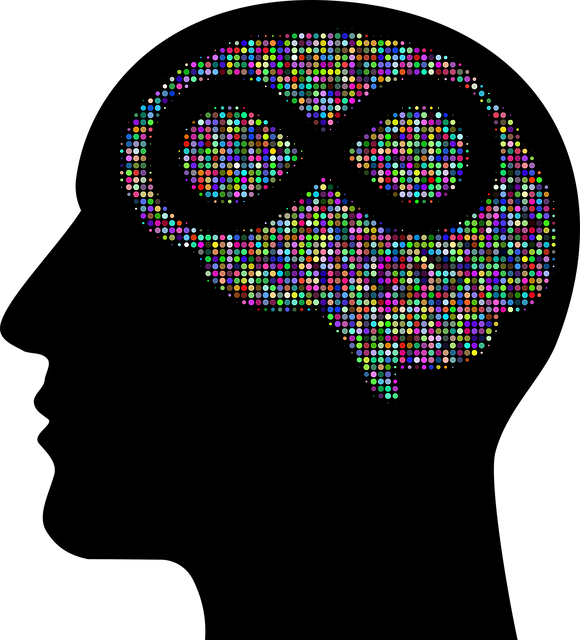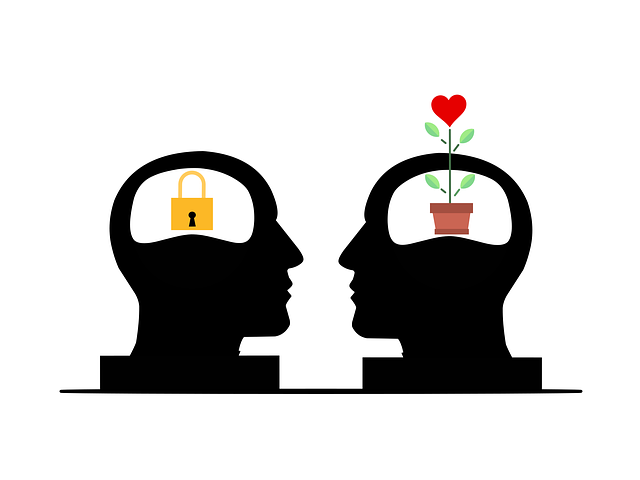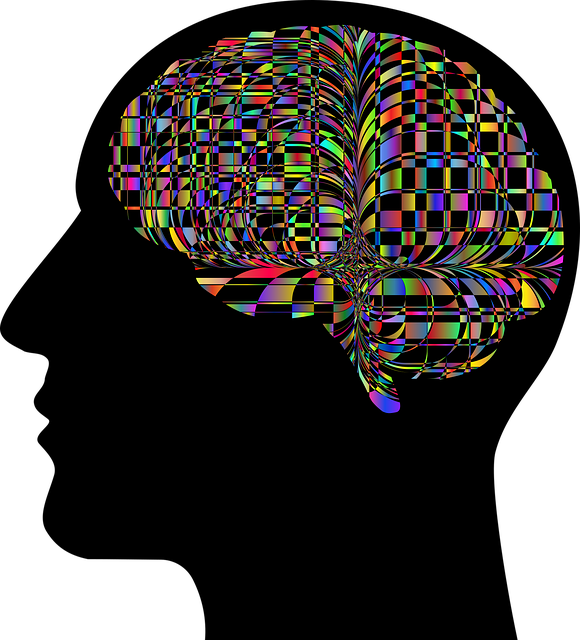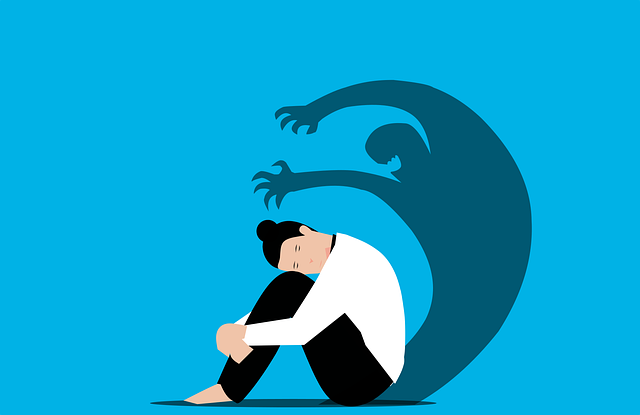The text emphasizes the significant impact of stigma on individuals with OCD, hindering their access to much-needed treatment. It highlights that misconceptions and fear are primary barriers, exacerbated by popular culture's misrepresentation of mental health. To combat this, education and self-awareness are pivotal, encouraging a view of OCD as a medical condition. Lafayette Obsessive Compulsive Disorder Therapy offers a holistic approach using evidence-based practices like CBT, personalized self-care, and stress management to reduce stigma and improve quality of life for individuals with OCD through community engagement and education.
Mental illness stigma remains a significant barrier to treatment, impacting millions worldwide. This article explores targeted efforts to reduce this pervasive social burden, focusing on the unique approach of Lafayette OCD Therapy in addressing Obsessive Compulsive Disorder. We delve into community engagement and education strategies crucial for fostering understanding and long-lasting change. By examining these initiatives, we aim to illuminate paths toward a more accepting society for those facing mental health challenges, especially in the context of Lafayette Obsessive Compulsive Disorder Therapy.
- Understanding Stigma and Its Impact on Mental Health
- Lafayette OCD Therapy: A Comprehensive Approach to Reduction
- Community Engagement and Education for Long-Lasting Change
Understanding Stigma and Its Impact on Mental Health

Stigma surrounding mental health issues, such as Obsessive Compulsive Disorder (OCD), can have severe consequences on an individual’s well-being. Often misunderstood and misrepresented in popular culture, conditions like OCD are met with fear, judgment, and misconceptions. This stigma creates a barrier to seeking help, leading many to suffer in silence. The impact is profound; it may discourage individuals from pursuing the support they need, affecting their emotional healing processes and overall mental health recovery.
Reducing this stigma involves education and fostering self-awareness about mental illness. By promoting understanding, we can encourage empathy and compassion. This shift enables people to view OCD, for instance, as a medical condition requiring professional treatment, akin to physical ailments. Encouraging open conversations, supporting self-care routine development for better mental health, and incorporating self-awareness exercises into community efforts can all contribute to breaking down these barriers and ensuring those affected access the care they deserve, including Lafayette OCD therapy.
Lafayette OCD Therapy: A Comprehensive Approach to Reduction

In the fight against mental illness stigma, Lafayette OCD Therapy stands as a beacon of hope. This comprehensive approach focuses on treating Obsessive Compulsive Disorder (OCD) by addressing its root causes and implementing effective strategies. By combining evidence-based therapies like Cognitive Behavioral Therapy (CBT) with personalized self-care routine development for better mental health, Lafayette OCD Therapy empowers individuals to manage their symptoms effectively.
The program also integrates stress management techniques and mental health education programs designed to foster understanding and empathy in the community. Through tailored interventions, patients learn coping mechanisms that enhance resilience, improve quality of life, and ultimately reduce the societal stigma associated with OCD. This holistic approach not only targets the disorder but also promotes overall well-being, ensuring individuals can lead fulfilling lives free from the constraints of mental illness stigma.
Community Engagement and Education for Long-Lasting Change

Community engagement and education are powerful tools for reducing the stigma surrounding mental illness, particularly conditions like Lafayette Obsessive Compulsive Disorder (OCD). By fostering open conversations and raising awareness in local communities, individuals with OCD can find support and understanding from their peers. Educational initiatives focused on demystifying mental health issues can help dispel myths and misconceptions, leading to increased empathy and reduced judgment.
These efforts should emphasize emotional intelligence as a means to enhance self-esteem improvement and confidence boosting within affected individuals. Through community outreach programs, workshops, or support groups, people can learn about OCD’s symptoms, triggers, and effective treatment options, including therapy approaches tailored for this specific disorder. Such inclusive activities contribute to long-lasting change by normalizing mental health discussions and creating supportive environments where everyone feels heard and valued.
Mental illness stigma, particularly surrounding conditions like Lafayette Obsessive Compulsive Disorder (OCD), significantly impedes access to treatment and support. However, through comprehensive approaches like those offered by Lafayette OCD therapy centers, coupled with community engagement and education, lasting change is achievable. By fostering understanding and empathy, we can create a more inclusive society where individuals affected by mental health challenges receive the care and respect they deserve.
